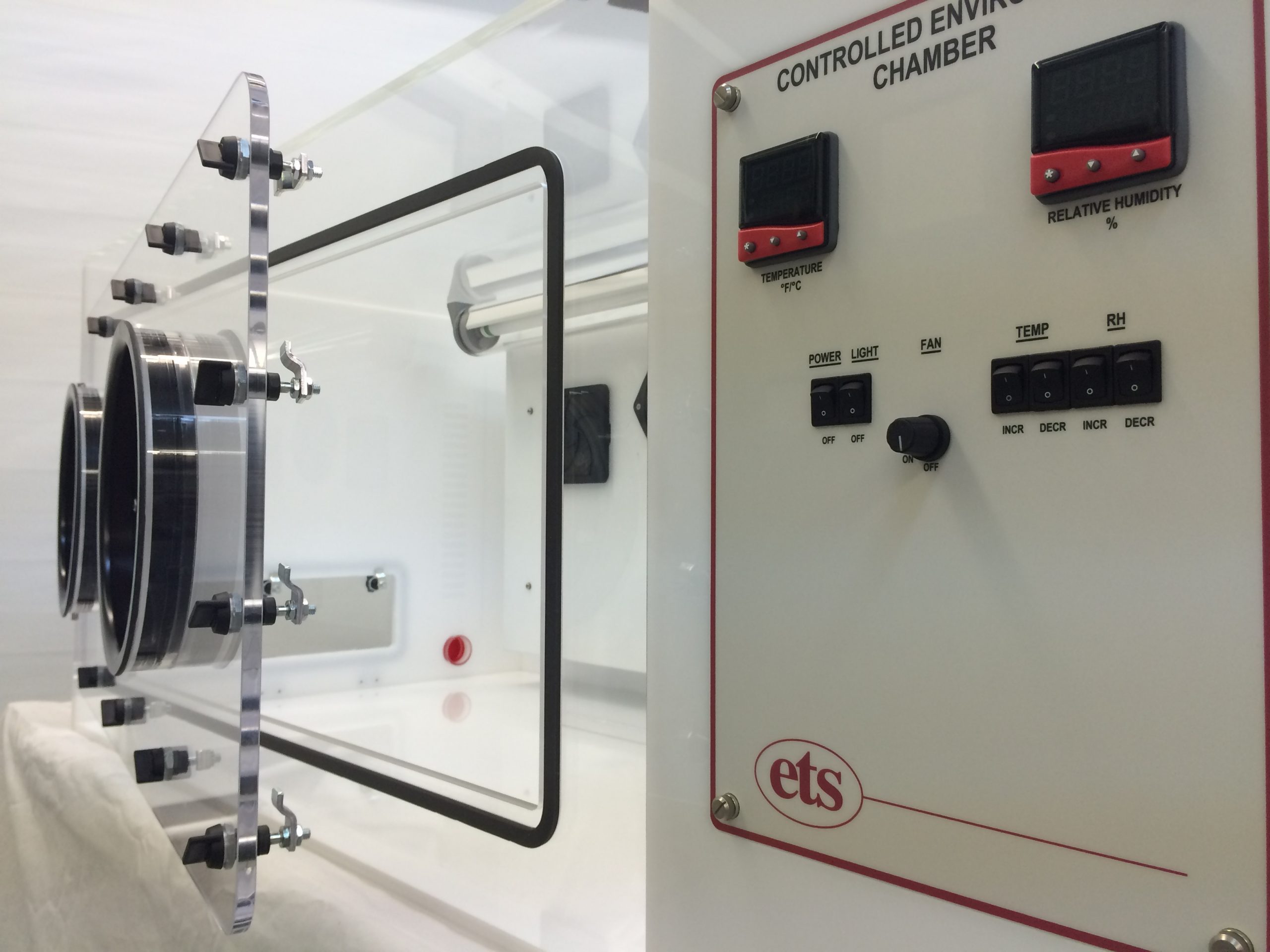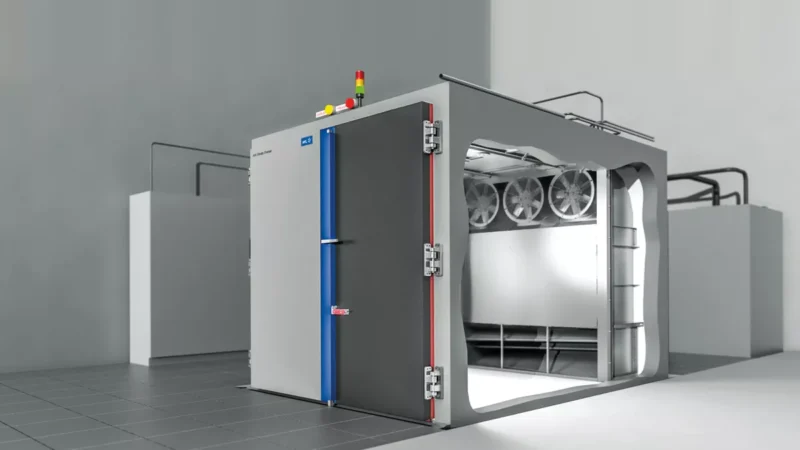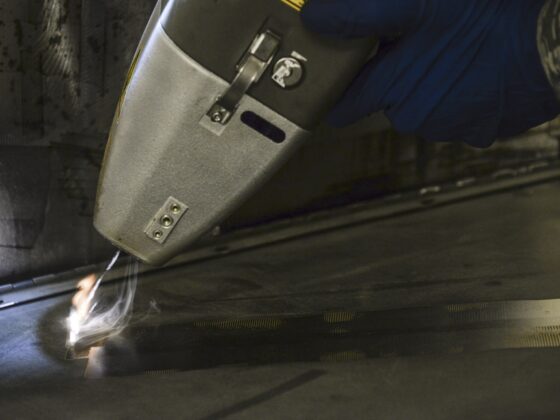The modern world is increasingly reliant on technology to control its environment, and this has proved beneficial for many industries. Environmental Control Chambers are one of the most important tools in achieving these advances.
These chambers enable precise environmental controls such as temperature, humidity, pressure, or other characteristics that must be monitored for optimal results. They are used by a variety of different industries to improve their processes and products.
This article will explore the various applications and industries that have benefitted from using Environmental Control Chambers. We will look at how they have revolutionized specific areas through improved accuracy, efficiency, and reliability while also providing an overview of some of the major players in the market today.
Automotive Manufacturing
Automotive manufacturing is a major industry that has greatly benefited from the use of environmental control chambers. These chambers are used to create and maintain specific, controlled conditions for vehicle production processes.
By using environmental control chambers, manufacturers can ensure consistent results while reducing energy consumption, waste materials, and emissions during the automotive production process. Additionally, these systems allow for precise temperature regulation within the manufacturing area – ensuring both safety and quality assurance in all aspects of automotive production from design to assembly. As a result of their ability to streamline operations while also improving product quality and precision, environmental control chambers have become an essential component of any successful automotive manufacturer’s toolkit.
Aerospace Engineering

Aerospace engineering has become increasingly reliant on environmental control chambers for a variety of applications. Aerospace engineers use environmental control chambers to test the performance and safety of aircraft parts, components, and systems in a wide range of simulated conditions – from extreme temperatures and humidity levels to wind speeds.
This allows engineers to ensure that their products are safe and reliable when used by consumers in different climates or environments. Additionally, the development of more efficient propulsion systems is made possible through testing inside environmental control chambers, as these devices can simulate varying air speeds while still maintaining an accurate temperature reading.
Finally, aerospace engineers rely on these rooms to make sure their designs meet all required specifications before they proceed with production. Environmental control chambers play a vital role in helping aerospace engineers create better products for people around the world.
Chemical Manufacturing and Refining

Chemical manufacturing and refining is an industry that heavily relies on environmental control chambers. These chambers are used to create the ideal environment for chemical processes, ensuring quality results with minimal disruption.
They provide a controlled atmosphere where temperatures, humidity levels, and air flows can be manipulated to suit each application. By controlling the environment within these chambers, manufacturers can produce high-quality products faster while reducing waste, energy consumption, and emissions.
Furthermore, these chambers help reduce environmental contamination by providing better containment of hazardous materials such as volatile organic compounds (VOCs). Their ability to regulate temperature and pressure precisely and maintain consistent conditions over long periods without manual intervention or maintenance requirements makes them well-suited for many chemical processing applications from small-scale production lines through large industrial refineries.
In addition to being more efficient than traditional methods of production, they also allow manufacturers to save on costs associated with personnel safety equipment due to fewer risks posed by potential exposure in uncontrolled environments.
Biotechnology Research and Development

Biotechnology research and development has been greatly aided by the use of environmental control chambers. By creating a controlled environment, researchers can observe and measure the effects of specific conditions on biotechnological processes without interference from outside elements or changes in temperature or humidity.
This is particularly useful for companies attempting to develop new products or treatments, as they can get accurate data about how their product will react under different conditions. Additionally, these chambers have enabled scientists to conduct experiments that would not be possible in an uncontrolled environment due to potential safety risks or other complications.
As such, this technology has provided invaluable insight into the world of biotechnology, leading to breakthroughs that could help revolutionize healthcare and many other industries.
Conclusion

Environmental Control Chambers have become an integral part of many industries and applications. They are used in a wide range of fields including healthcare, manufacturing, pharmaceuticals, agriculture, and more.
These chambers provide precise environmental control which can improve the quality of products and increase productivity while also reducing costs associated with energy consumption. Environmental Control Chambers offer unparalleled benefits to their users as they help reduce pollution levels and overall environmental impact.
As such, they are increasingly being adopted across various sectors for improved sustainability initiatives.


